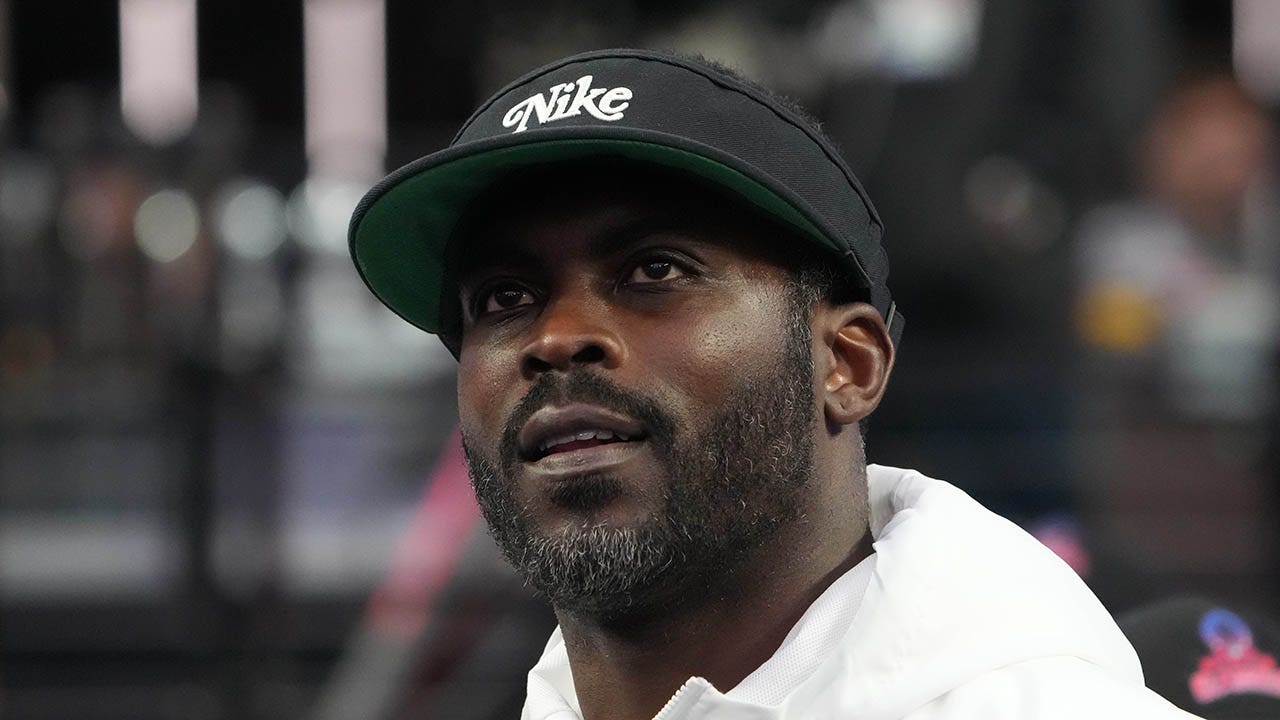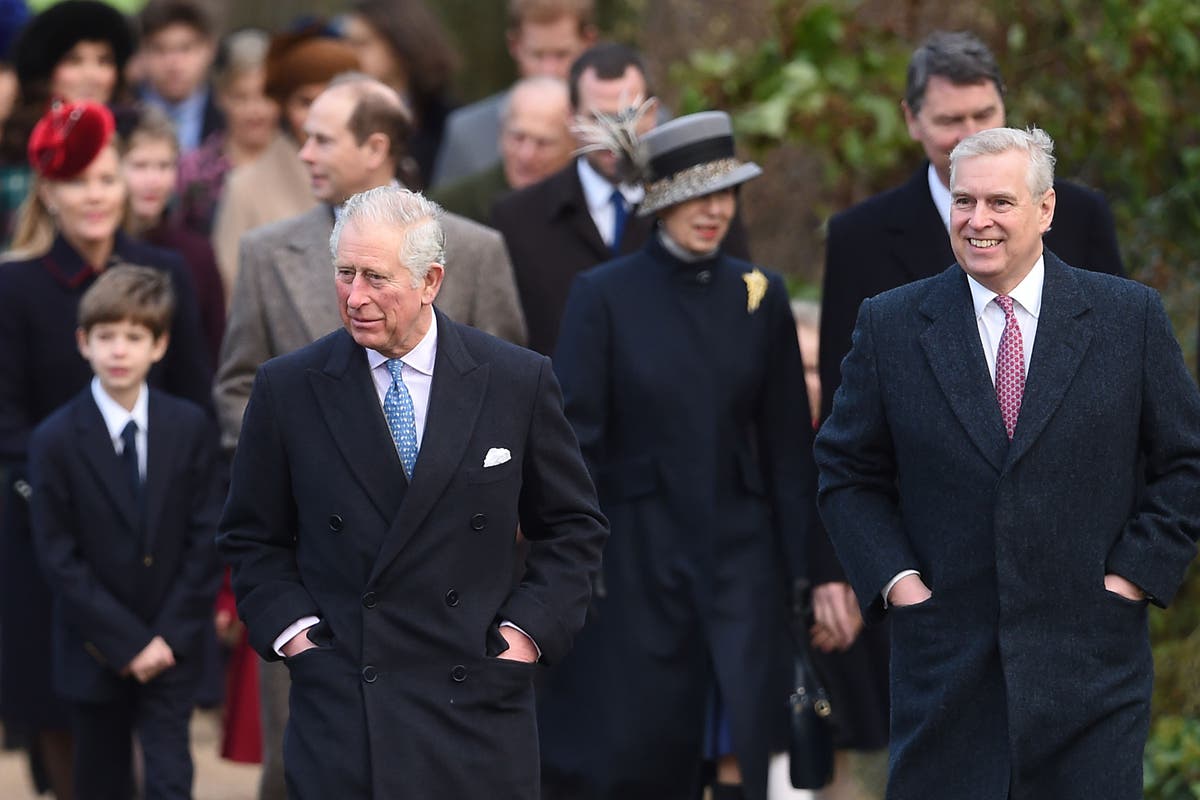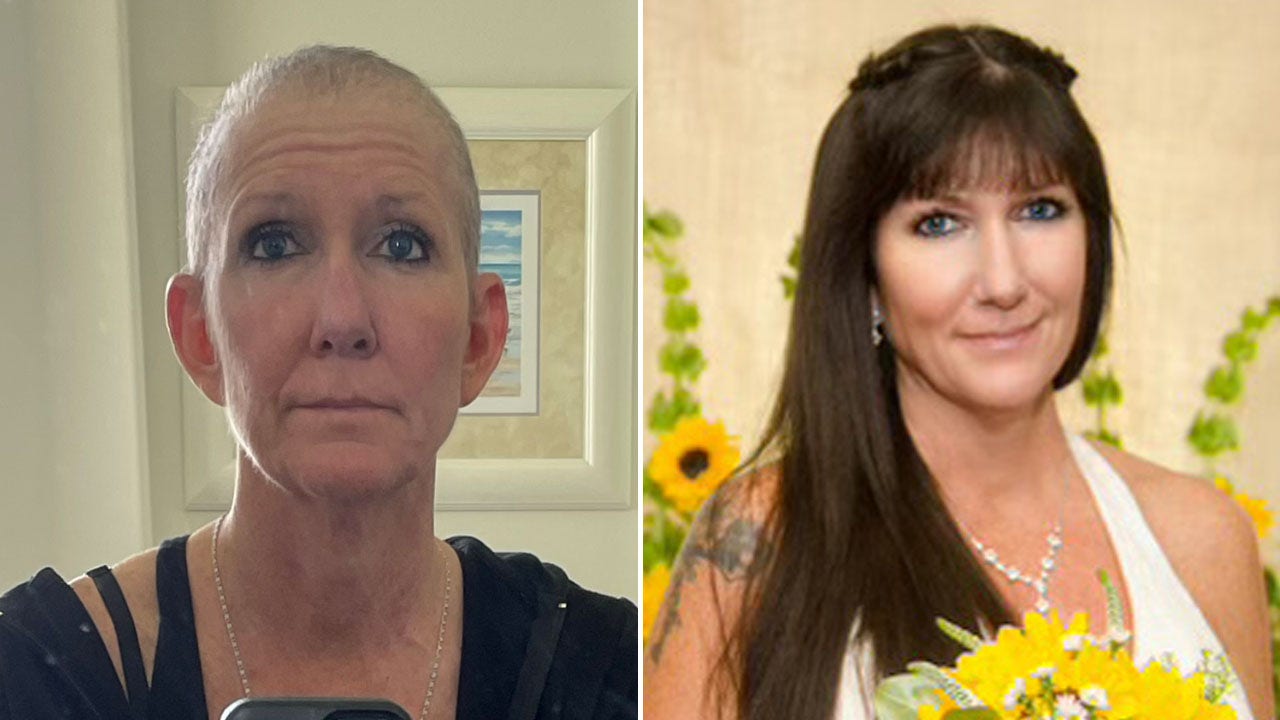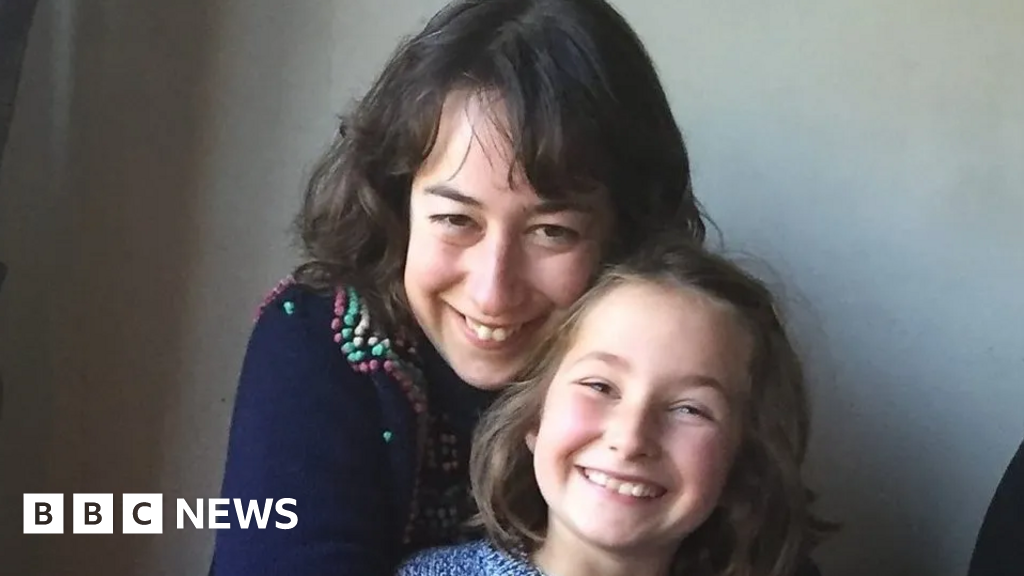The ADF was founded decades ago in neighboring Uganda with the aim of overthrowing that country’s government, which eventually pushed the group’s fighters over the border into the forested mountains of the Democratic Republic of Congo. The group’s ambitions broadened after its founder was arrested in 2015 and a new leader, former religious judge Musa Baluku, took over. Desperate for funds, Baluku vowed allegiance to the Islamic State.
The resulting influx of money began at a time when the group had almost stopped conducting attacks. Since then, the ADF has carried out a wave of bombings and attacks, killing thousands of civilians. In June, the ADF targeted a school near the Uganda-Congo border, leaving 41 dead. Most were children. They were burned alive.
One Congolese boy who recently escaped from the ADF recounted its brutality. He was only 12 when fighters raided his town, Bulongo, hacked his mother and father to death in front of him, and then seized him and his brother. The boy, whose name is being withheld to prevent reprisals, said they were marched into the jungle, where commanders gave them military training.
“Their job was killing people,” he said flatly.
The boy was among 11 escapees interviewed for this article, along with victims of the attacks, Congolese military officers, security officials and religious leaders, among others. Some of the escapees said that boys as young as 10 are trained as fighters and that girls mostly become sex slaves, either gang-raped or forcibly “married” to a commander.
The boy said he had been forced to participate in an attack on another village and recalled watching as a Tanzanian bombmaker instructed other recruits on explosives. The Tanzanian, Ahmed Mohamood, also piloted drones used to surveil targets and monitor attacks. The boy strained to decipher a babel of tongues as foreign recruits crowded into the camp, named Medina for one of Islam’s most holy cities. While the commanders were mostly Ugandan, there were also several Somalis, Rwandans and Tanzanians, he said.
Once, the boy said, Mohamood motioned him over and said softly: “Your mother is dead. If you try to run, you will also be killed.”
But finally, abandoning his brother, he did.
In recent years, the Islamic State’s international operations have become more fragmented. Its loss of its so-called caliphate in Syria and Iraq coincided with the strengthening of local affiliates in Afghanistan, the Sahel region of Africa and — far less publicly — central Africa.
In 2017, the first documented cash transfers from the Islamic State to the ADF took place. Two years later, the Islamic State announced the debut of the Islamic State Central Africa Province affiliate, which included the ADF. The U.S. government imposed sanctions in 2021 on the ADF, calling it an Islamic State affiliate.
The ADF’s decision to affiliate with the Islamic State initially faced internal dissent. A 16-year-old girl who had spent eight years with the ADF before escaping said Mohamood had arrived in Congo with a black flag and a demand: Swear allegiance or be attacked. The ADF’s founder, Jamil Mukulu, had always opposed the Islamic State, and his son, Moses, now spoke out against joining the group. Moses was beheaded by other ADF fighters, she said, and two other senior commanders who also opposed the Islamic State were beaten to death. Other interviewees confirmed her account.
A U.N. panel of experts, for the first time, detailed links between the ADF and the Islamic State in June. Both the United Nations and Bridgeway mapped out how the ADF received funds from a South African cell that worked with a Sudanese Islamic State operative. That operative, known as Bilal al-Sudani, was killed in a U.S. military raid on a Somali cave complex earlier this year.
Although its initial explosive devices were crude and ineffective, the ADF’s bombmaking capacity has been increasing. Last year, the group carried out its first suicide attacks, including an attack by a woman that killed eight people in a military bar. In January, the group bombed a church in Kasindi, a small town on the Congo-Uganda border, killing 16 people and wounding 62.
The ADF’s influence has also been felt elsewhere in Africa. Dino Mahtani, a former U.N. sanctions monitor, has documented links between the ADF and the Islamist insurgency in Mozambique, which has shut down a multibillion-dollar gas project, killed thousands of civilians and displaced more than 800,000 people.
Foreign fighters are still a small proportion of the group’s overall members, estimated by defectors to be in the hundreds. Bridgeway, which has interviewed 171 former ADF members who escaped or were captured, said 141 were Congolese or Ugandan. Most of the others were from six other African countries, but there were also fighters from Britain, Egypt and Jordan.
In Bulongo, southeast of the regional capital of Beni, parents routinely split up their children in the evening and have them sleep in different homes to prevent entire families from being killed in ADF raids.
The group has attacked Bulongo 17 times in the past 2½ years, killing more than 70 people and kidnapping 40, said a local activist. “Before, they were abducting everyone. But since 2021, if you are older than 15, they will kill you automatically,” he said.
In the town of Mukondi, the ADF killed 38 people in March, including a 2-month-old baby. A month later, militants killed at least 21 civilians in Musandaba, on the outskirts of Beni. The Islamic State claimed responsibility for both attacks.
When ADF militants first moved into Congo more than two decades ago, they often cultivated relations with villagers and fought alongside non-Muslim fighters. A 15-year-old, who escaped this year after eight years, said fighters previously stole crops but left some food for local people, occasionally even payment.
But now, commanders order raiders to destroy gardens, slaughter animals and kill any villagers who do not join them, he said. “They said the infidels had to be erased; they’d say we had to behead the whole village,” said another escapee.
Some parents have deliberately turned their children over to the group. A 16-year-old girl said she was delivered to the ADF by her father, who was loyal to the group, when she was 8, along with three siblings. One of the first sights she saw was a group of men beheaded for trying to escape.
Her older brother became a fighter and was fatally shot during an attack, the girl recounted. Her younger sister was killed carrying out a food raid. And her little brother, only 2, became sick and died. The girl herself was married off to a fighter at age 13.
“There was a lot of suffering. I thought of committing suicide,” she recounted, saying she stole a rope to hang herself. “I felt like I was dead already.”
When the 12-year-old boy from Bulongo escaped, his grandmother welcomed him home. She’s crippled and caring for his seven younger siblings. No one goes to school, and often there’s no food. A local teacher keeps an eye on him. Occasionally he’ll take a machete and attack the banana grove. It’s the only time he cries.
The boy said he feels lucky. The ADF often shows abductees social media videos of captured fighters being lynched. And escapees are sometimes rejected by their relatives and communities. Girls and women often come home pregnant or with babies fathered by their rapists to find that their husbands or families won’t take them in.
A 23-year-old woman, who had been abducted, said that she was forcibly married to a Tanzanian fighter and that ADF commanders told her she was free to go — as long as she left her head. She escaped with a 1-year-old baby. Another young woman, 18, escaped while pregnant. Both were initially rejected when they returned home, they recalled.
Bridgeway has brokered a deal for Uganda to take back its citizens as part of a long-running government amnesty program. Bridgeway has also set up committees composed of civil-society activists and religious and local leaders to receive escapees and help them reintegrate into their communities.
The committees take them to the military for questioning, but those who were kidnapped or tricked into joining the ADF are eventually released; Bridgeway said only about 15 of those they interviewed had joined voluntarily.
The teacher from Bulongo keeping an eye on the boy is part of her village’s committee. She has lost three children from her school to ADF raids. She said only one has returned home, a 10-year-old girl, who had been repeatedly gang-raped.
The girl shivers and stares during the day and screams every time she falls asleep, her teacher said. Her two younger brothers are still ADF captives.














































